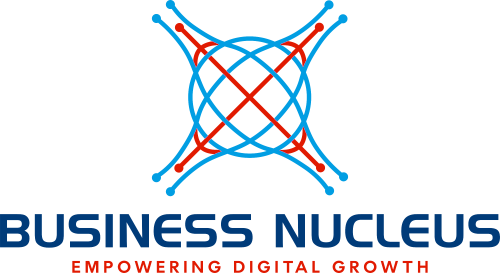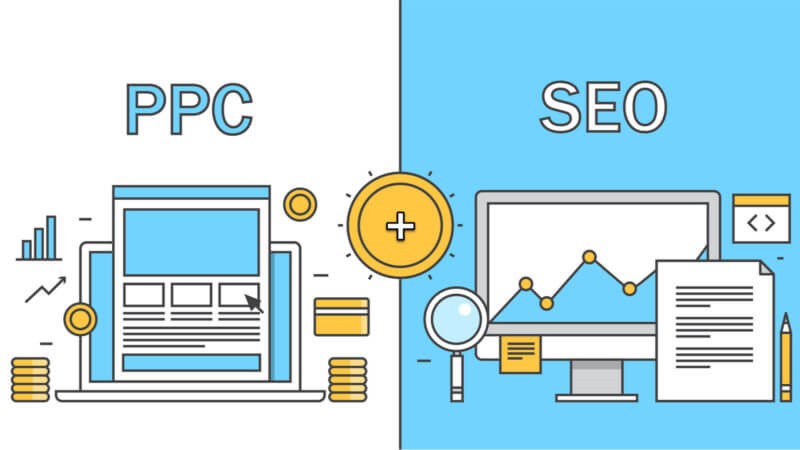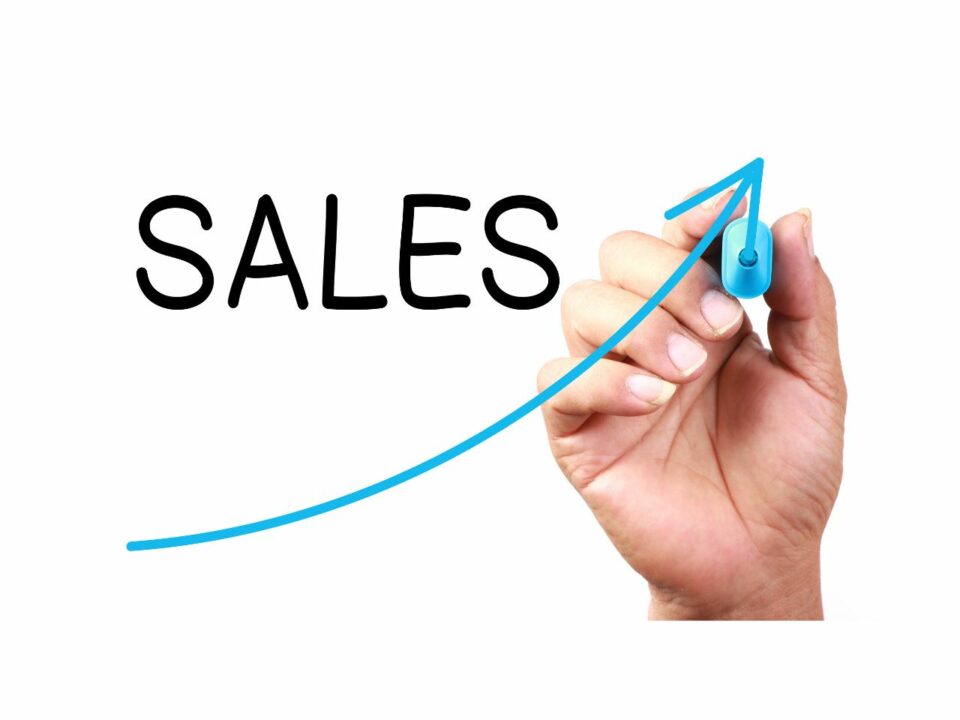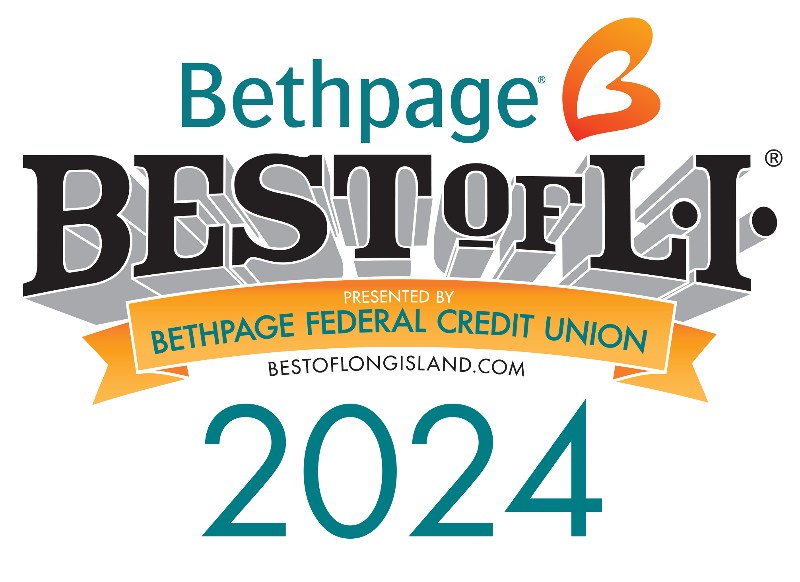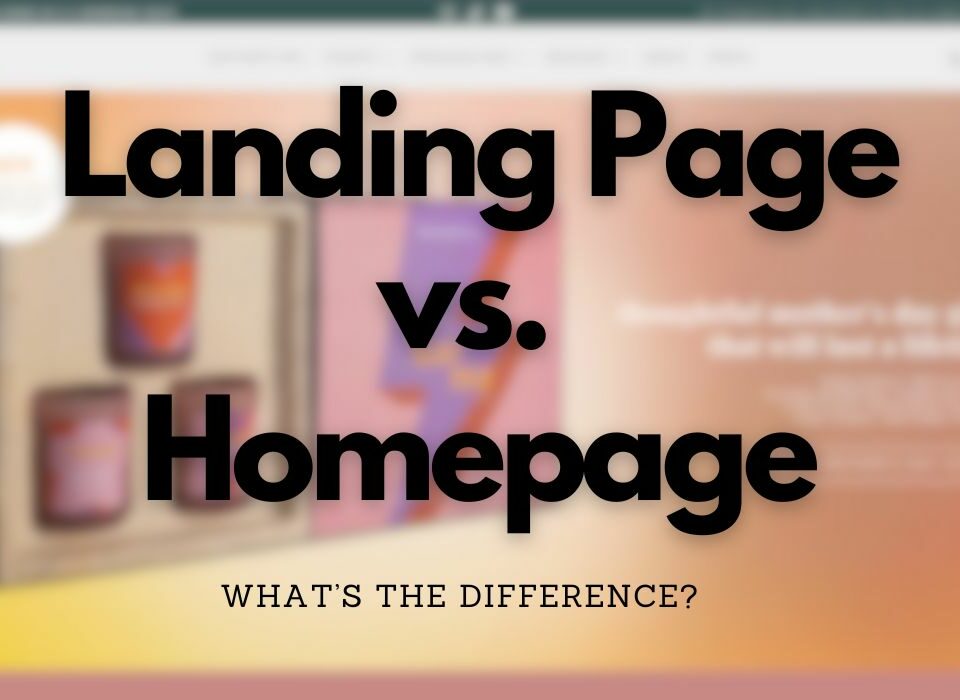SEO vs. PPC Advertising – Which is best?

What Is Programmatic Advertising?
February 10, 2020
Print vs. Digital Marketing
March 2, 2020SEO vs. PPC Advertising
SEO vs. PPC Advertising is and has been the focus of digital marketers around the world for years. As the digital world has started taking over conventional methods of marketing, we have begun to discover more effective ways of promoting our businesses. The bigger problem these days is not how to start a business; it is, how to market that business. Online advertising has grown exponentially and, at the same time, more complicated.
If you own a business or if you are planning to start a business online, you must have heard about several methods that people use to rank or improve visibility to their websites. Running advertisements and having your business rank organically at the top of search engines such as Google has become the new mantra of the digital world.
The one question that you find yourself asking is which is the better option for my business; SEO (Search Engine Optimization) or PPC (per-per-click) advertising. Some may direct you towards SEO, while others may prefer PPC. However, the facts around both these marketing strategies can vary based on your marketing goals and objectives. Both of these marketing tactics may be good to use.
We are going to review these marketing techniques and help you understand which would suit your business. By the end of this article, you should be able to understand precisely how to proceed to obtain the best results.
Understanding: SEO vs. PPC
Before we go into the depth, let’s clear the surface. SEO or search engine optimization attracts organic traffic, which is free, whereas the traffic attracted via PPC or Pay Per Click, as the name suggests, has a cost for every click.
Moreover, PPC ads will appear on top of a search page, so the first thing that your viewers will lay their eyes on will be a paid ad. This is always above the organic listings empowered by SEO.
A basic Google search will result in the following type of listing:
- At the top of Google Search, you will find Googles paid advertisement placements, or Google Ads listings.
- Underneath any paid ads, you will find Local Google My Business Listings. In other words, if you were searching for “roofer” in your area, you would find the top 3 local listings for the keyword “roofer” in your vicinity. This section is a mix of both paid and local organic listings
- Organic Listings – These are also “free” Google listings. They are the listings that Google shows naturally based on their ranking criteria and algorithm.
- More Paid Ads – Under the organic listings, you will notice additional paid Google ads.
- Google Shopping listings show for product type searches. You see these for keywords such as “batteries” or “smartphones.”
SEO: Improving organic traffic
As a business with a web presence, you are going to want to pay attention to your SEO. While PPC will bring immediate traffic to your business, SEO will bring long-term traffic. SEO, if planned and executed correctly, could reduce PPC ad spend in the long-run. This strategy could provide you with a better ROI.
Let’s take a look at some of the pros and cons of SEO and how it can grow your branding.
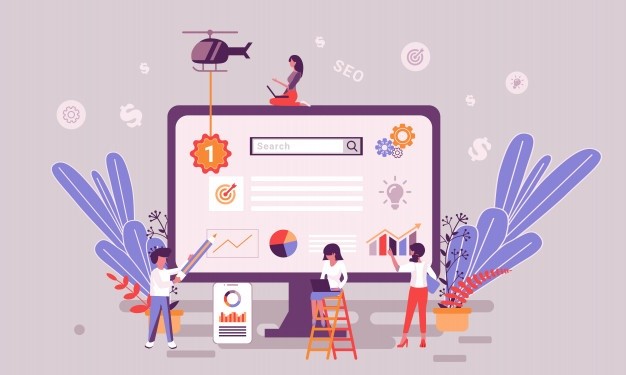
1. Visibility – Image & Outreach
Having an organic presence for your targeted keyword in a search engine will attract potential customers to specific pages on your website. Ideally, a business wants to be listed organically. It is technically “free” traffic if you get visitors from those searches. SEO is a long-term strategy. It is one that takes your business time to develop, but if done correctly will drive a lot of new clients to your door over the long-haul.
Your organic listings can portray your first impression. Optimizing your pages with your branded material, contact information, products, and services can have a significant effect on customer retention. Organic listings like paid ads are another way to make a good impression on your clients and get in front of them. Organic listings are trusted more than advertisements; therefore, organic listings can make a big difference with your online presence.
Technically, you could be listed three times on the first page of Google, two of those ways involve SEO. First, you see paid ads; then you see local listings, then organic listings.
2. Traffic – Credibility & Awareness
Many users skip ads and instead believe in the organic results or the information that the natural listings deliver. People consider organic results to be more credible and worthy as compared to advertisements. Also, organic traffic merged with a good reputation is a definite bulls-eye for your customers.
SEO can help drive awareness by attracting people towards the actual content rather than pulling them from an advertisement. Customers that have more knowledge of a product or a service are more likely to end up purchasing and may skip ads altogether.
3. Cost – CTR & Sustainability
Looking at SEO vs. PPC, SEO is not an easy process; neither is it cheap; however, it will always prove cost-effective when put up against other tactics. Therefore, the return on investment or ROI over traditional methods will always be higher. Comparing to PPC or programs like Google Ads, SEO has long-term benefits for your business. There is generally a higher upfront cost with SEO, but the length of the program will offset this cost. Whereas ads need to run continuously to have any benefit, SEO does not.
Depending on the quality of your organic results, the Click Through Rate or CTR for organic listing will always supersede a paid ad.
Organic traffic is always more sustainable. For instance, you don’t lose your existence entirely if you run out of money, unlike PPC.
Ask yourself; do I want leads now or leads forever? If you need new leads now, then PPC is the quick option. If you take this one step further and pair this with SEO, you could build both a short and long-term marketing strategy for your business. PPC will take care of your immediate lead generation needs, and SEO will create your long-term plan. Using both is an excellent tactic for a starting business.
4. Duration – Strategic Advantage
Appearing in the organic search is a slow and tiresome process, which some argue is a good thing while others have contradictory feelings. Gaining organic traffic is prolonged if you have a lot of competitors. The keywords are dominated by the people who have entered that particular genre earlier. When comparing SEO and PPC one is geared toward long-term goals while the other more short-term
On the other side, imagine being in a business where you have minimal or no competition. The barriers to entry are lower in this situation, helping your business come on top easier and staying there for a more extended period.
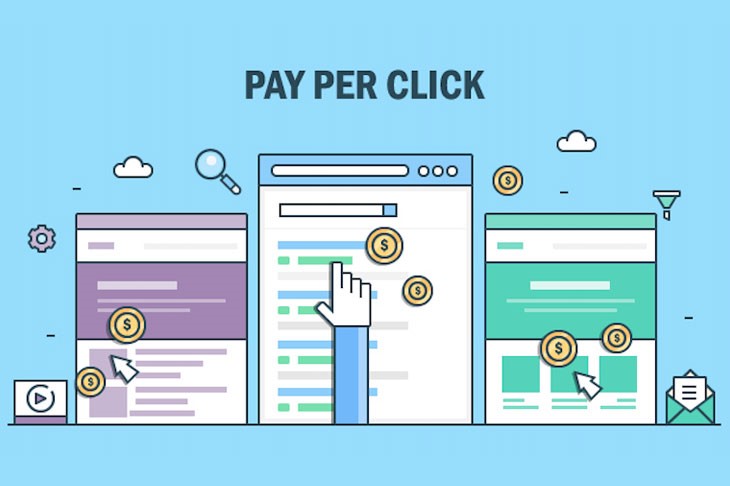
PPC: Targeted Approach
The benefits that pay-per-click offers are as follows:
1. Position – Placement, and Aesthetics
Paid search appears at the top of a search page. It is usually the first thing that the user comes across as soon as a search return. With being at the liberty of choosing where the ad appears on mobile and desktop, you can attain better results.
PPC ads provide a more controlled approach; Pay-Per-Click helps with delivering the key points that will pull people to your product. Moreover, you are at the liberty of choosing your demographics, location, or advertising sitelinks. That helps with better targeting of the ad and improved ad relevance.
2. Budgeting – Cost & Value
With PPC, the ideal way to go is to set a strict budget. It is essential to determine how much you want to spend in a day and set a budget accordingly. After you gain the necessary data after a month or two of running ads, you can optimize your ads and landing pages to improve your Click-Through-Rate and conversions. Your budget may vary. Targeting a larger radius or a larger keyword list can increase spending, so it’s best to start small and work from there.
People may argue that PPC requires a lot of money, but if you are running ads locally with a nominal amount of keywords, you will be able to achieve much more with a limited budget.
3. Change – Agility & Time
Looking at SEO vs. PPC, with SEO developing organic visibility can take a while; with PPC you don’t have to compromise on time. The moment you hit the “Publish” button, your ad is live. Another advantage is that you can link your ad with Analytics software such as Google Analytics, which will allow you to determine which keywords are attracting leads.
Being able to attain results using data will allow you to make quick adjustments and eventually attract a broader audience.
Conclusion: SEO vs. PPC
With the points explained above, you would have denoted that both the processes have different approaches towards the same goal. In our opinion, applying a mix of SEO and PPC would be the best approach. For instance, using PPC you can find the most reactive and fruitful keywords and target them using SEO for a long-lasting and stable lead generation mechanism.
With both of these combined, the results will be more and more efficient.
For more information on which strategy is the best for your business contact Business Nucleus for a Free Consultation.
